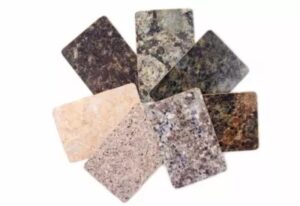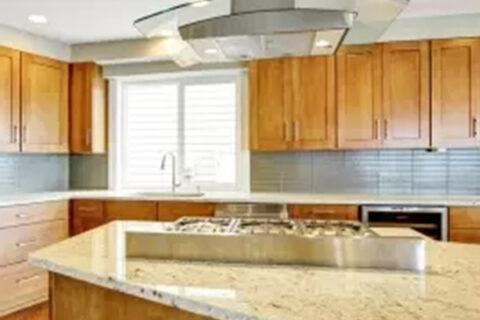Exploring the Visual Differences Between Quartz and Granite
Granite and quartz countertops are some of the most popular options in stone countertop materials. Both offer exceptional design features, as well as low-maintenance and sturdy options for a kitchen or bathroom countertop. However, they do have their differences, especially in terms of color and design options, that homeowners will have to explore before choosing the right countertop for their home.
Learn the Difference Between Quartz and Granite Below

The Natural Look of Granite
Many homeowners will choose granite over quartz countertops because they desire the natural look of granite. Due to its natural formation, granite countertops are not uniform. This means that various veins and flecks of color can show up throughout a granite slab. Homeowners who prefer a nonsymmetrical look to their stone countertops will greatly appreciate their choice in granite.
The Variety of Quartz
Due to the engineered quality of quartz countertops, many homeowners prefer quartz as their stone countertop material. Quartz countertops can be made in virtually any color a homeowner may desire, which makes quartz an excellent design choice for a kitchen or bathroom. There are various other design options that come in quartz, but it may not always retain a natural look like granite. Quartz countertops may have more of a uniform look compared to granite, but new technology is advancing the look of quartz every day.
The Look of Both Materials over Time
Both granite and quartz countertops will easily stand the test of time because they are both strong and durable countertop materials. However, they both must receive occasional maintenance to retain their vibrant colors and look. If quartz countertops are left in direct sunlight, possibly due to an outdoor installation or nearby open window, the color will fade over time. Rock Solid seals every granite countertop with a 15 year sealer. So long as normal cleaning is done your countertop will never need to be re-sealed. Granite must be resealed every year or so to maintain its impermeable quality and resist staining. If granite is exposed to any type of staining liquid, and it has not been sealed, the stone will absorb the liquid and stain so it is important that you make sure your counters are sealed with a high quality 15 year sealer


